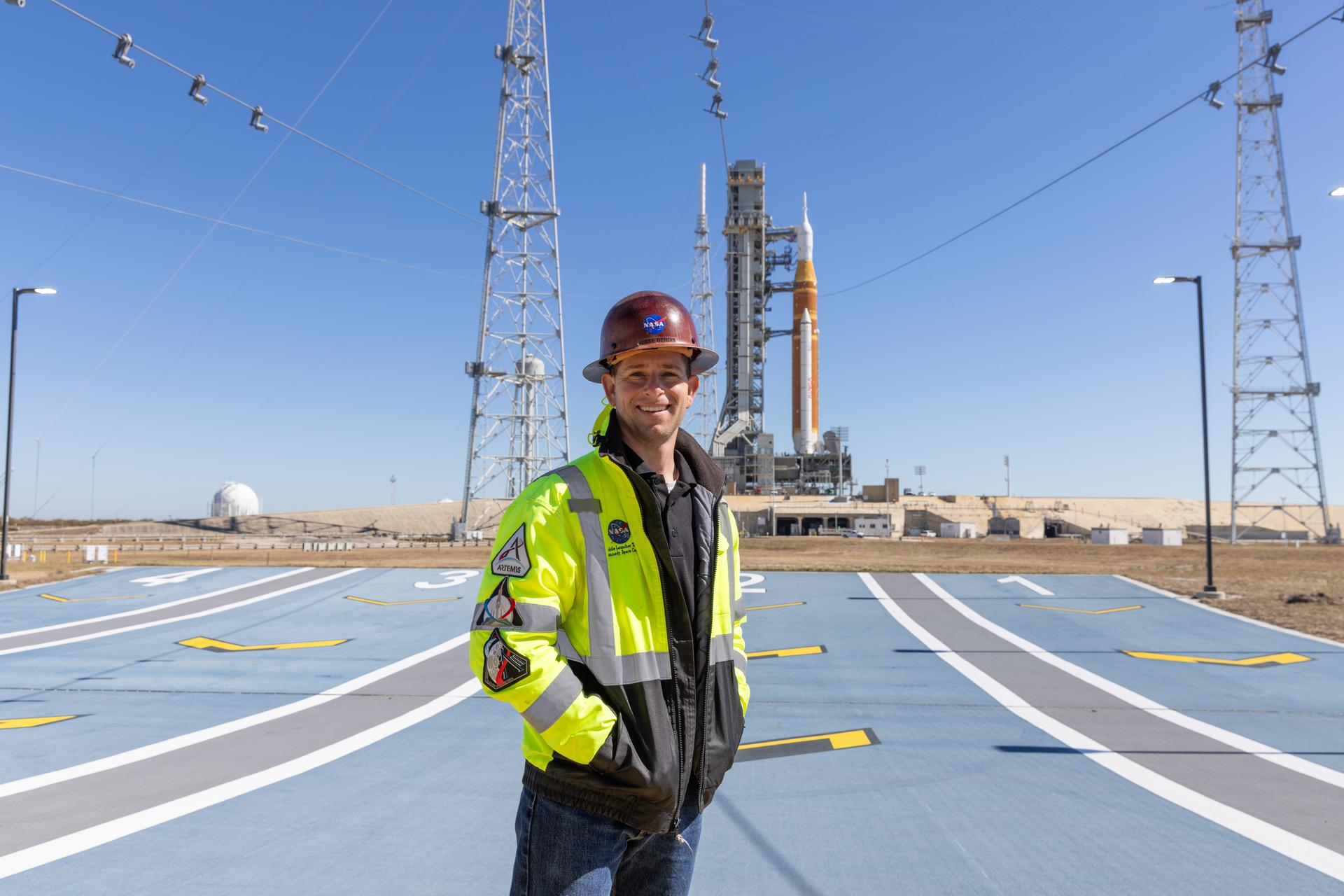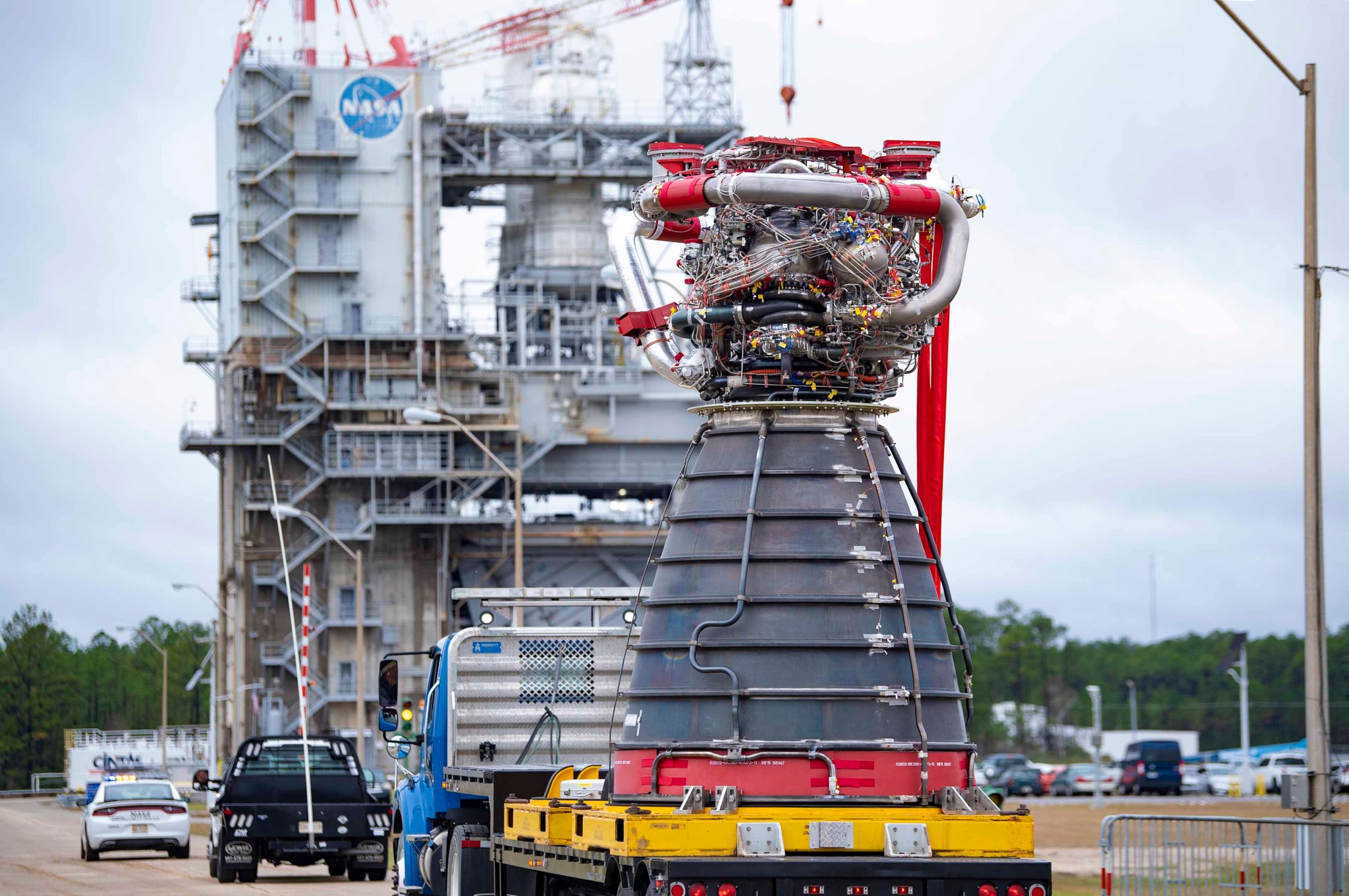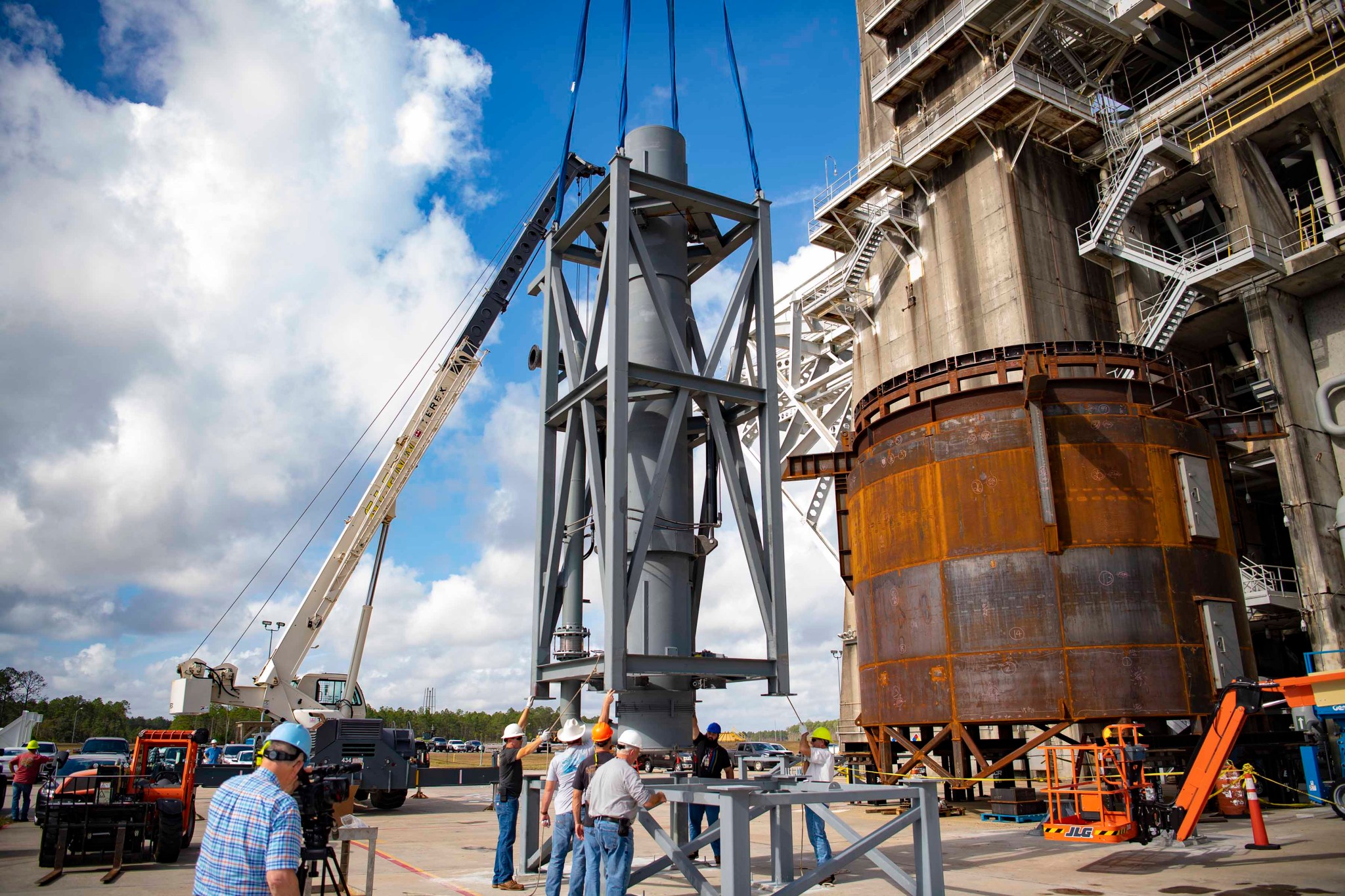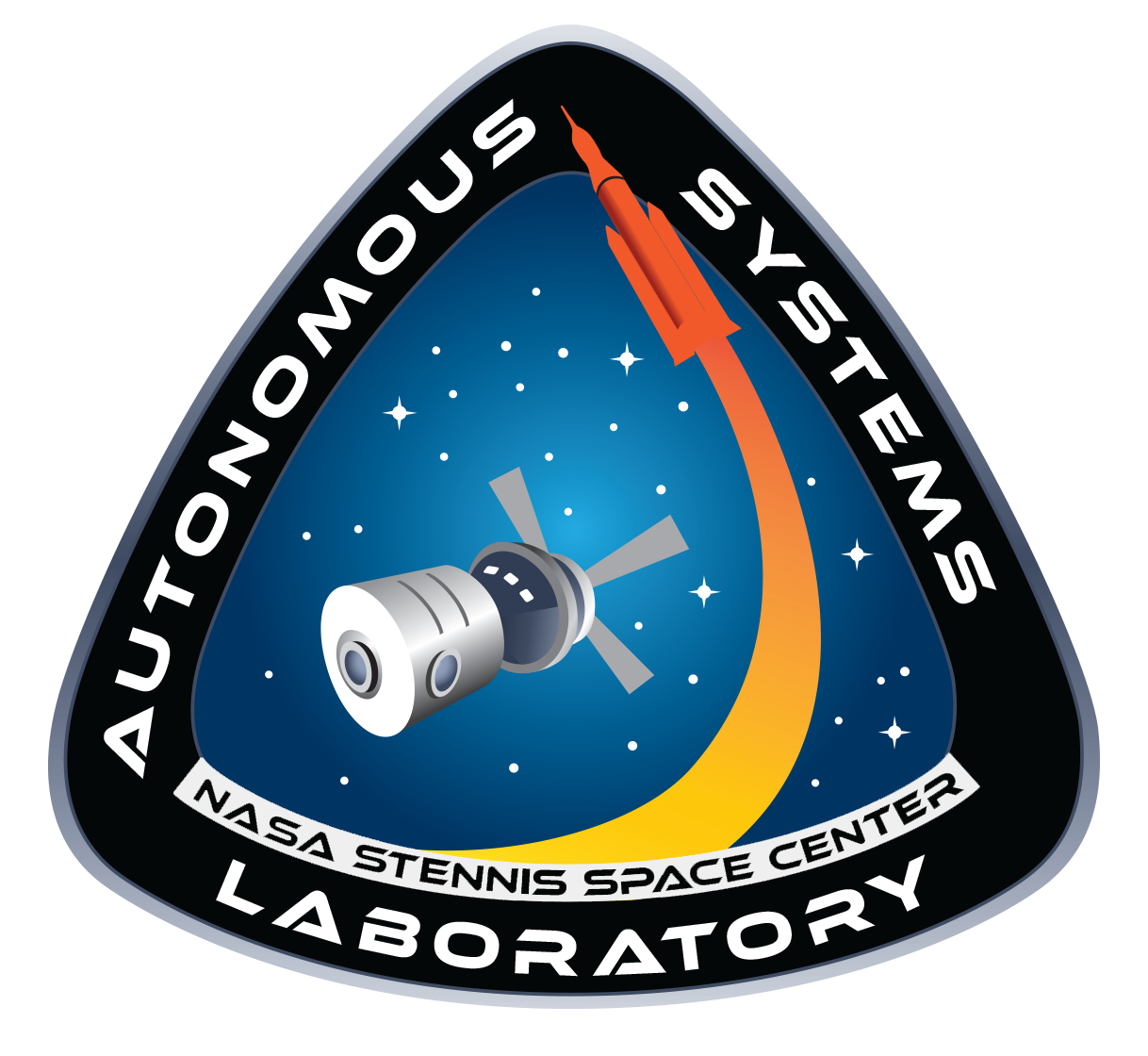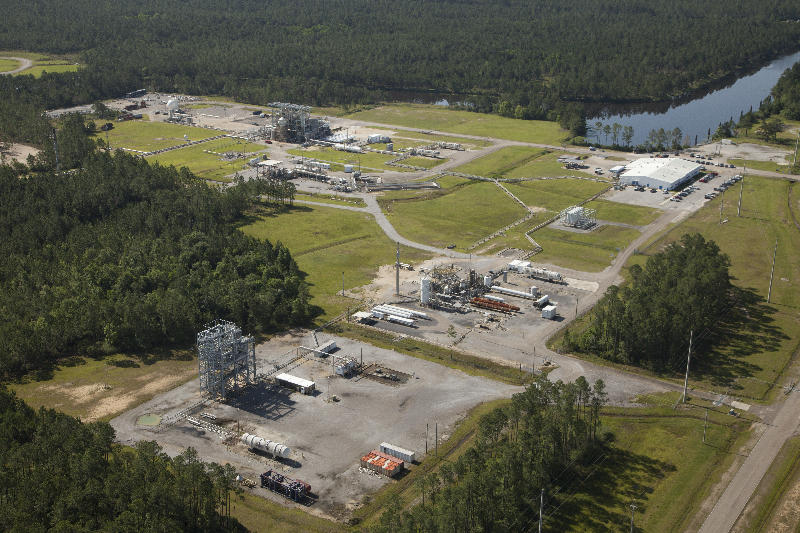As NASA continues its mission to explore the secrets of the universe for the benefit of all, NASA’s Stennis Space Center is moving forward in 2023 with propulsion test projects for the agency, the Department of Defense, and commercial partners.
NASA took a major step for humanity in 2022 by moving closer to a permanent presence in deep space with the successful Artemis I mission. NASA Stennis, located near Bay St. Louis, Mississippi, played a key role in that effort, testing the engines and Space Launch System (SLS) core stage that helped launch the mission.
The center now is focused squarely on 2023 testing activity.
“We had another very productive year in 2022 as we continued to build on our heritage of propulsion testing to support the NASA mission and the commercialization of space,” said Joe Schuyler, director of the NASA Stennis Engineering and Test Directorate. “It should be another exciting year in 2023 for the team at NASA Stennis as we expand our commercial partnerships. There is no better place to perform rocket propulsion testing than right here with our proven assets and the skilled and experienced personnel at Stennis.”
NASA Testing Outlook
A certification test series will begin in the first months of 2023 at the Fred Haise Test Stand on a full RS-25 certification engine manufactured by lead engine contractor Aerojet Rocketdyne. The redesigned engines are being built to power the SLS rocket for Artemis V and beyond.
Meanwhile, NASA Stennis teams continue modifications at the B-2 Test Stand for future Green Run testing of the Exploration Upper Stage (EUS), which is expected to fly on the Artemis IV mission. The stage is being developed to provide greater cargo and propulsion capabilities for deep space missions. In addition to other ongoing projects, Stennis crews recently performed a training exercise using the 75-ton interstage simulator component to practice handling the flight hardware.
First In-Space Demonstration
NASA Stennis will conduct its first in-space demonstration to showcase the expertise of the Autonomous Systems Lab (ASL) team and the capabilities of the ASL’s NASA Platform for Autonomous Systems.
NASA Stennis partnered with Sidus Space for the Autonomous Satellite Technology for Resilient Applications (ASTRA) project. The NASA Stennis ASL team will demonstrate autonomous operations on the LizzieSat-1 small satellite. The demonstration is expected to facilitate the possible use of the autonomous system platform for Artemis missions and beyond.
Commercial Partners Testing at NASA Stennis
The versatile, four-stand E Test Complex at NASA Stennis will continue providing value to commercial companies in 2023, just as it has done for more than 20 years.
Relativity Space occupies two of the four stands through an earlier Commercial Space Launch Act agreement made in 2018. Relativity Space also is constructing its Terran-R Test Complex adjacent to the E Test Complex under a recent Enhanced Use Lease Agreement with NASA Stennis. Two planned test cell positions will be the site of future Aeon R engine testing. The company envisions the completed project as one of the largest commercial test facilities in the nation, utilizing 268 acres at NASA Stennis.
Aerospace company Rocket Lab also has entered into an Enhanced Use Lease Agreement partnership with NASA Stennis. The company plans to develop the A-3 Test Stand area and about 24 surrounding acres into its Archimedes Test Complex, named for Rocket Lab’s new rocket engine that will power its large, reusable Neutron rocket.
Additionally, testing was completed on Launcher Space’s engine components at the E Test Complex in 2022, and the company is planning to begin full engine testing this year. In 2023, NASA Stennis will continue testing for Relativity Space, Virgin Orbit, and Ursa Major as well, and will begin a new suite of tests for Blue Origin and Venus Aerospace.
C. Lacy Thompson
Stennis Space Center, Bay St. Louis, Mississippi
228-342-7050
calvin.l.thompson@nasa.gov



